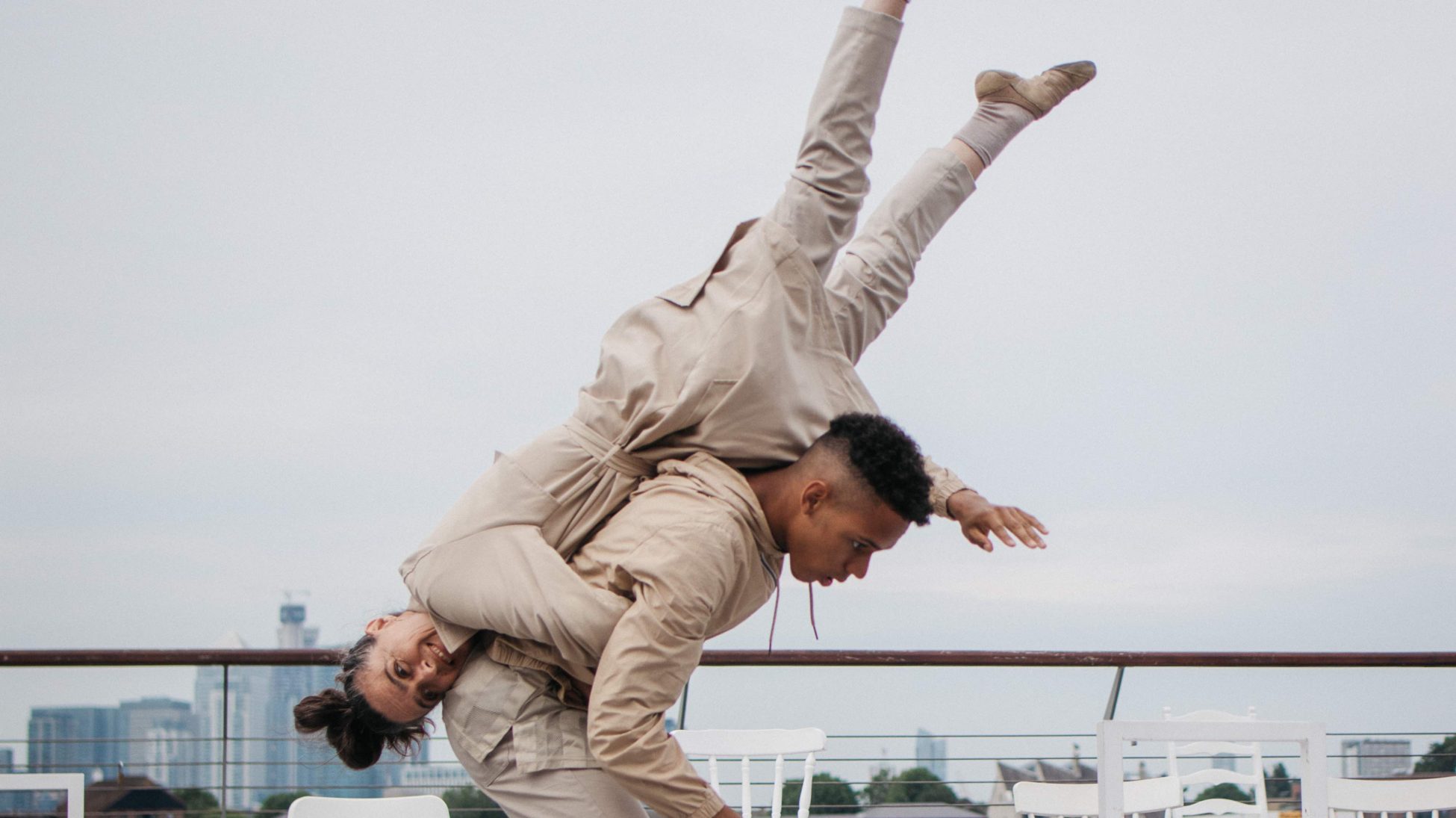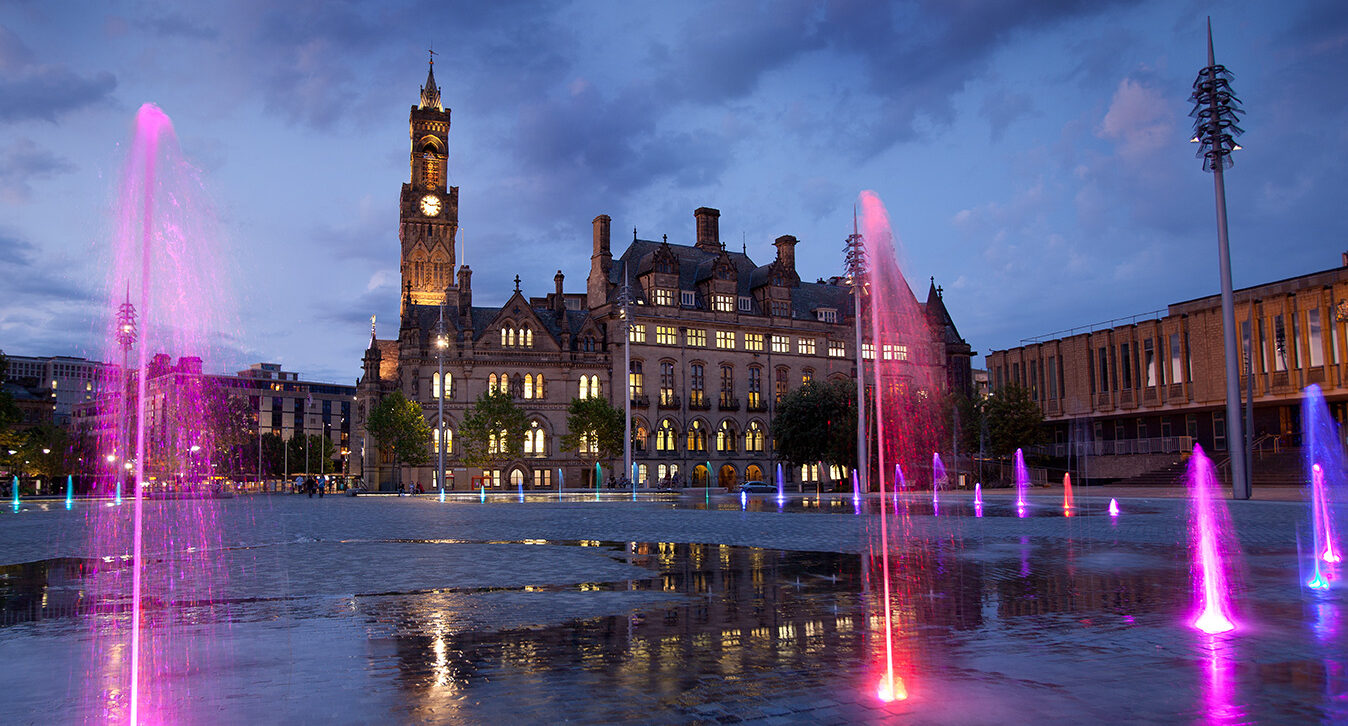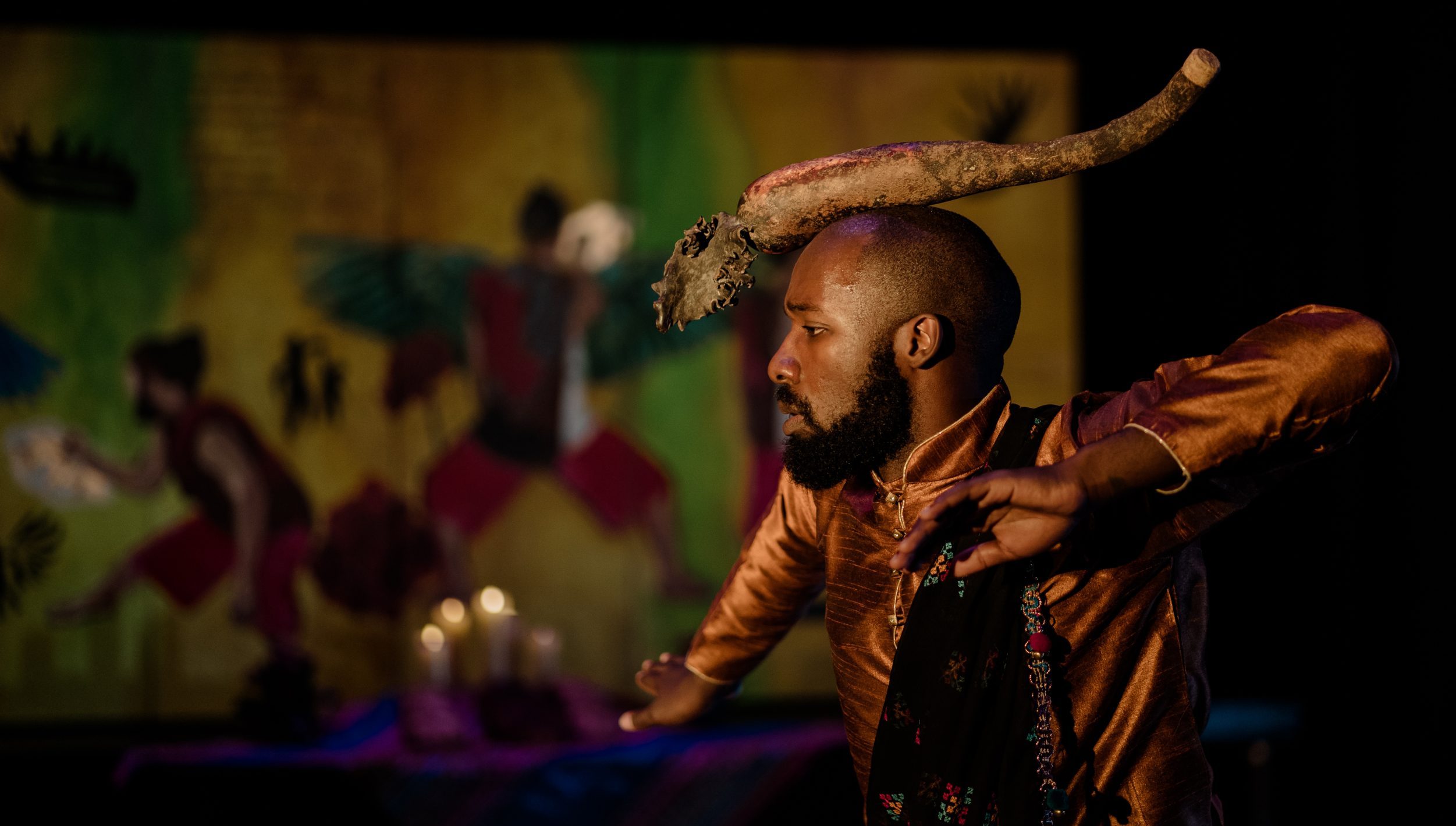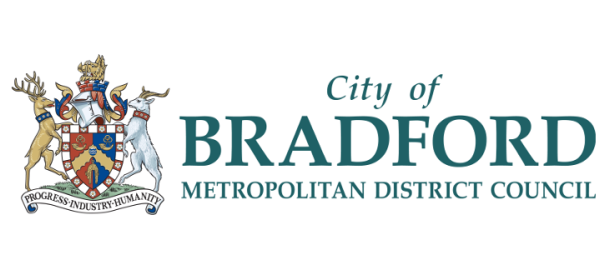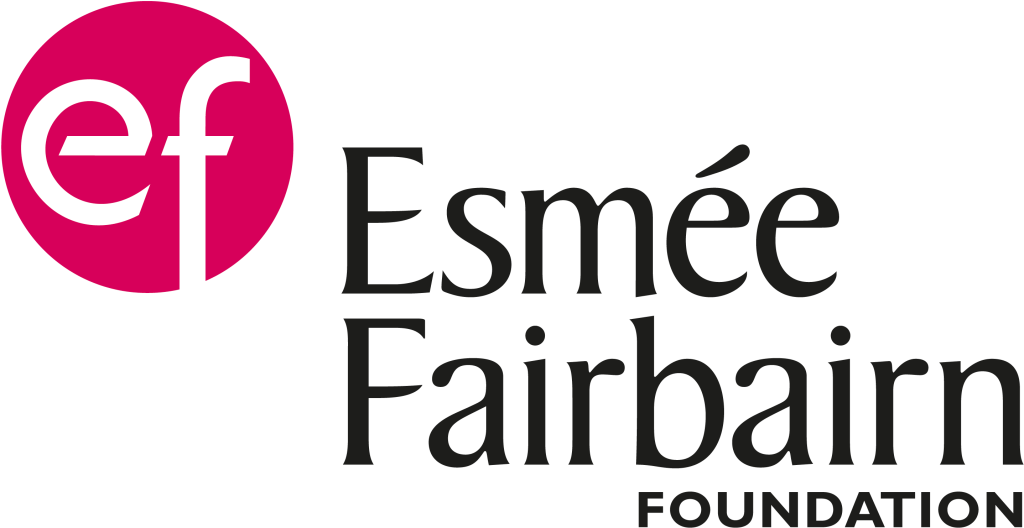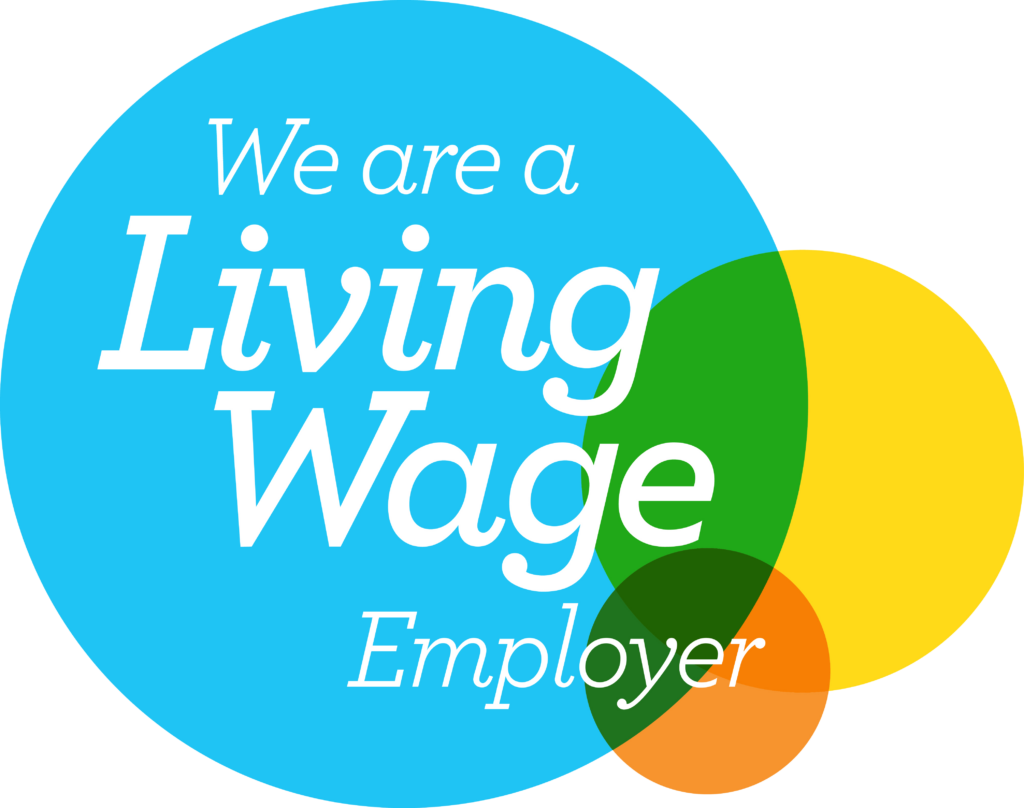Look for and seek to work with:
Performers/Musicians that reflect the nature of the work you want to make in terms of diversity, accessibility and relevance to your intended audience. For smaller scales of work, you need performers that are flexible, able to improvise, enjoy direct contact with the audience, are happy to perform out of a back of a van or change in an empty shop. For larger scales of work you will be looking for very particular skills to suit your spectacle – e.g. aerialists, fire and flow artists. If you are creating work that will tour, you are also looking for performers who are prepared to ‘muck in’, taking a role of company manager, packing costumes, doing running repairs on the road, loading and unloading the touring vehicle and driving. Musicians will need to be aware of how their music will carry outdoors and the risks of poor weather on their instruments.
Designers/Set/Prop/Costume Makers with an understanding of how the elements will affect their creations e.g., the wind can blow away props and sets that are not firmly secured, or if placed out of your sight, could be removed by passing audiences. Layered costumes can help – it can be very hot outdoors, wet, or freezing.
Directors and Producers that have experience of making and distributing work for the outdoors in the context/form in which you want to work.

